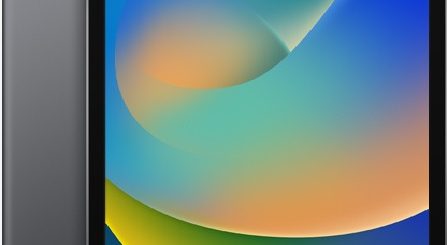Android vs IOS the comparison

Here’s a comparison of Android and iOS, including their pros and cons:
Android:
Pros:
- Customization: Android offers a high level of customization, allowing users to personalize their devices with different themes, wallpapers, and icon packs. Users also have more flexibility in managing files and data.
- Device Options: Android is available on a wide variety of devices from different manufacturers, offering users more options in terms of design, features, and price points.
- App Stores: Android has multiple app stores, including Google Play Store and third-party stores, which offer a larger selection of apps compared to iOS.
- Google Integration: Android offers seamless integration with Google services such as Gmail, Google Drive, and Google Assistant, which can be convenient for users who rely on these services.
Cons:
- Fragmentation: Due to the wide range of devices running on Android, there can be issues with fragmentation, where different devices run different versions of Android, which can lead to inconsistent software updates and compatibility challenges.
- Security: Android devices may be more susceptible to malware and security threats compared to iOS, as the open nature of the platform makes it easier for malicious apps to be downloaded from third-party app stores.
- User Interface: Android interfaces can vary across different devices and manufacturers, which can make it less consistent and intuitive for some users.
- Software Updates: Android software updates are dependent on the manufacturer and carrier, which can result in delayed or inconsistent updates, leaving some devices running on older software versions.
iOS:
Pros:
- User Interface: iOS offers a sleek and consistent user interface across all Apple devices, making it easy to use and navigate, with a focus on simplicity and user-friendly design.
- Security: iOS is known for its strong security features, with a closed app ecosystem that undergoes strict app review processes, reducing the risk of malware and ensuring better data privacy.
- Software Updates: iOS devices receive timely and consistent software updates directly from Apple, providing users with the latest features, bug fixes, and security patches.
- Ecosystem Integration: iOS devices are tightly integrated with other Apple products and services, such as iCloud, iMessage, and AirDrop, allowing for seamless synchronization and continuity across devices.
Cons:
- Customization: iOS has limited customization options compared to Android, with less flexibility in changing system settings, themes, and app defaults.
- Device Options: iOS is only available on Apple devices, which limits the options for users who prefer different design styles, features, or price points.
- App Stores: iOS has a more stringent app review process, resulting in a smaller selection of apps compared to Android, and some apps may also be exclusive to the App Store.
- Cost: Apple devices tend to be more expensive compared to Android devices, which may not be affordable for all users.
In summary, Android offers more customization options, a wider range of device choices, and multiple app stores, but it may have issues with fragmentation and security. On the other hand, iOS offers a consistent user interface, strong security features, timely software updates, and seamless ecosystem integration, but it may have limited customization options, device choices, and a higher cost. The choice between Android and iOS largely depends on personal preferences and priorities.



